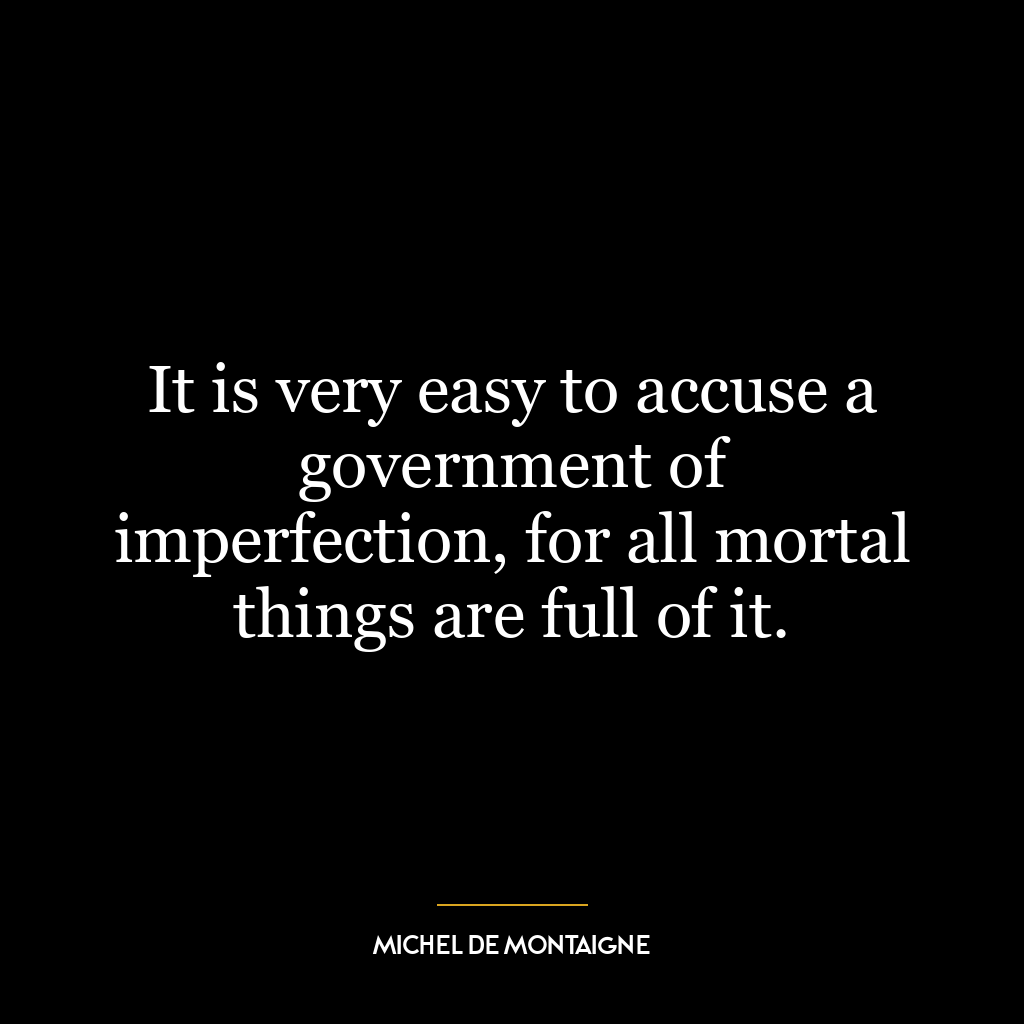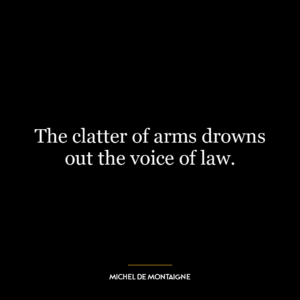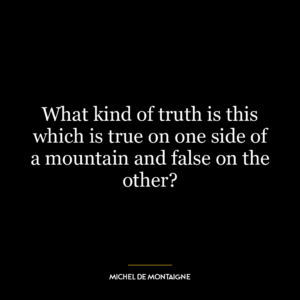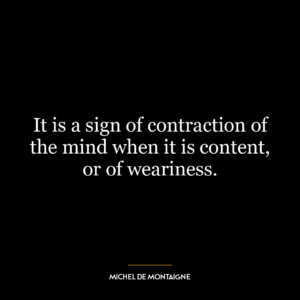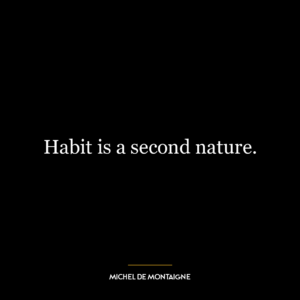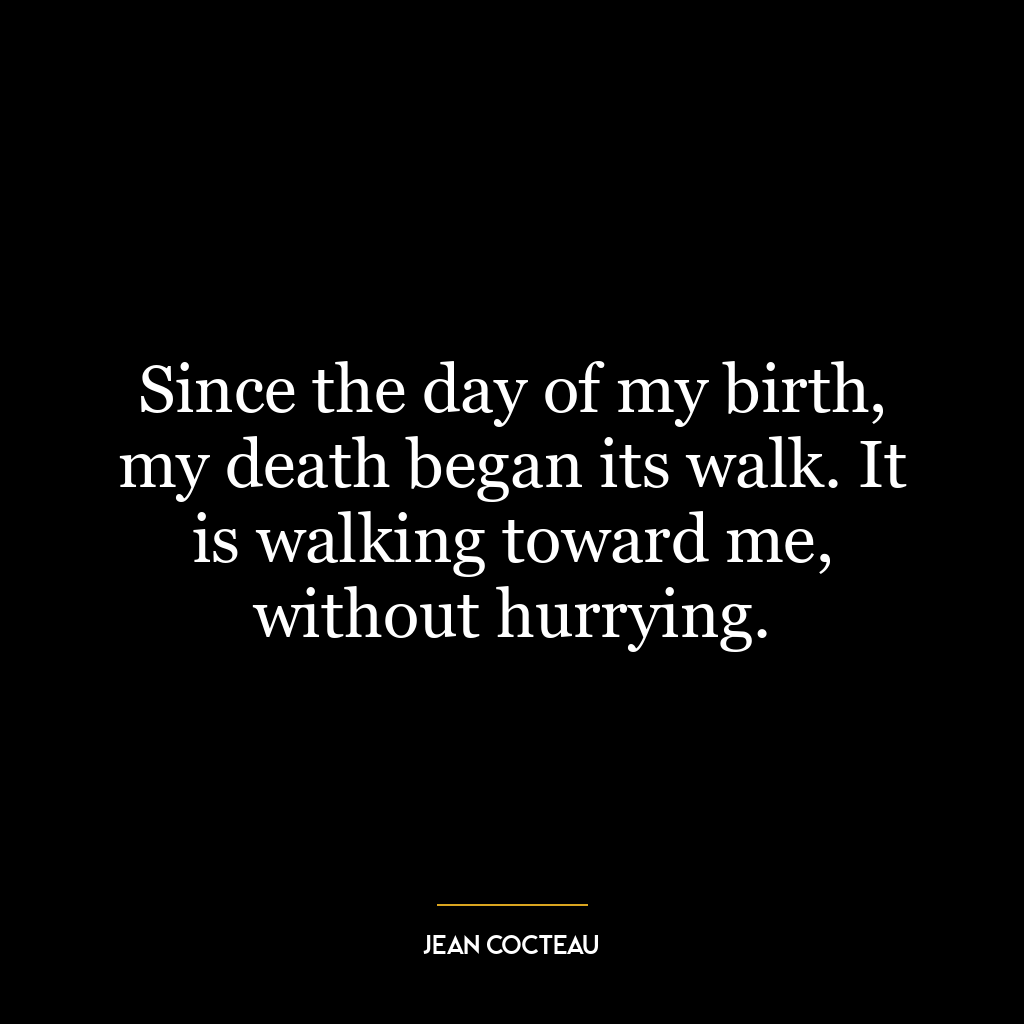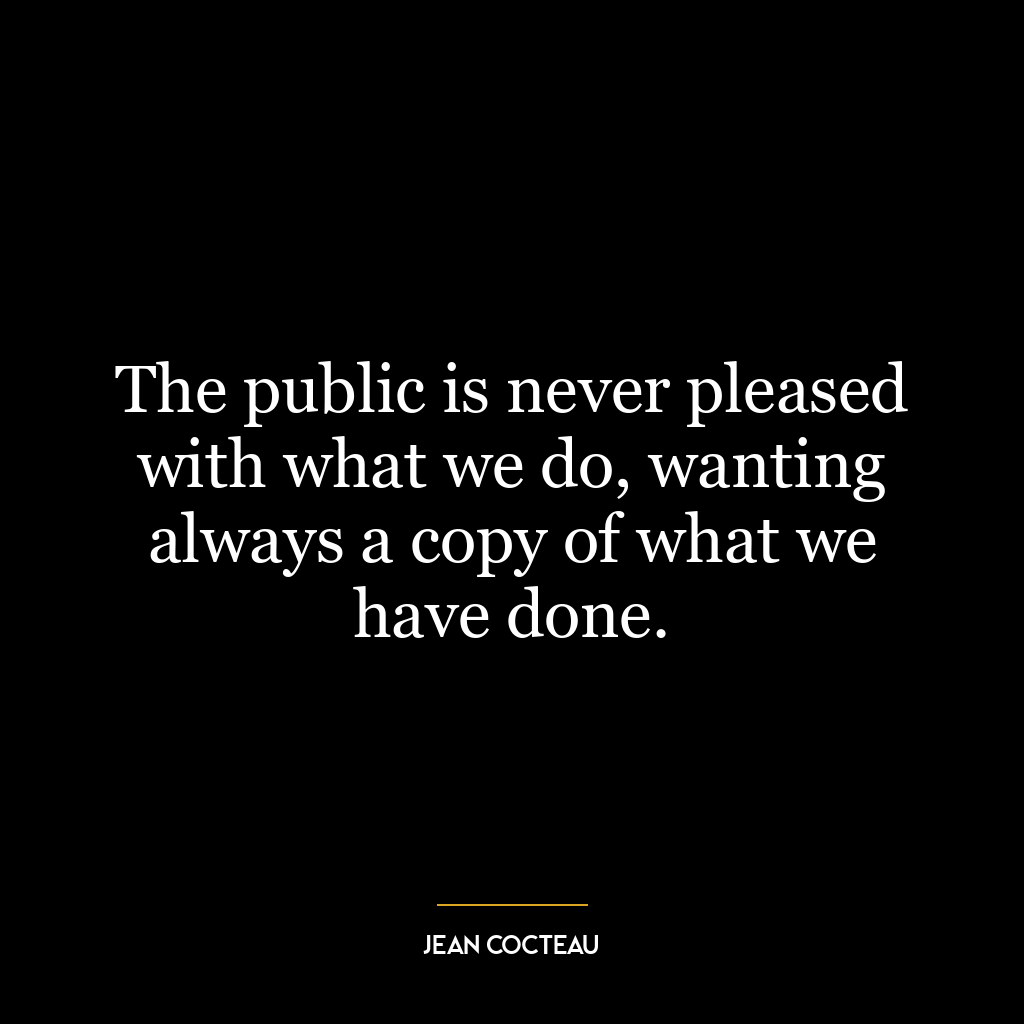It is very easy to accuse a government of imperfection, for all mortal things are full of it.
This quote suggests that it is a simple task to point out the flaws or imperfections in a government, given that all things created by humans are inherently imperfect. The term “mortal things” refers to anything that has been created or influenced by human beings, who are themselves mortal and therefore not perfect. The idea is that perfection is an unattainable ideal and thus, any system designed by humans will inevitably have flaws.
In terms of how this idea might be applied in today’s world, we often see people criticizing governments for their policies, decisions or actions. This criticism comes easy because no government can ever achieve absolute perfection due to the inherent human element involved in its creation and operation. However, it’s important to remember that while criticism is necessary for improvement and growth, it should also be balanced with understanding and patience.
On a personal development level, this quote teaches us about self-acceptance and the importance of embracing our own imperfections. Just as we understand that governments cannot be perfect due to their mortal nature, we must also accept our own inherent imperfections as individuals. It encourages us not only to strive for improvement but also recognize our limitations as part of being human.
Moreover, the quote can serve as a reminder not to hold others – whether they are governments or individuals – up against unrealistic standards of perfection. Instead of focusing on perceived weaknesses or failures, we could instead appreciate efforts made towards progress while acknowledging room for growth.
Therefore this quote speaks volumes about acceptance – both at an individual level and on broader social scales – promoting understanding over judgment when faced with inevitable imperfection.

